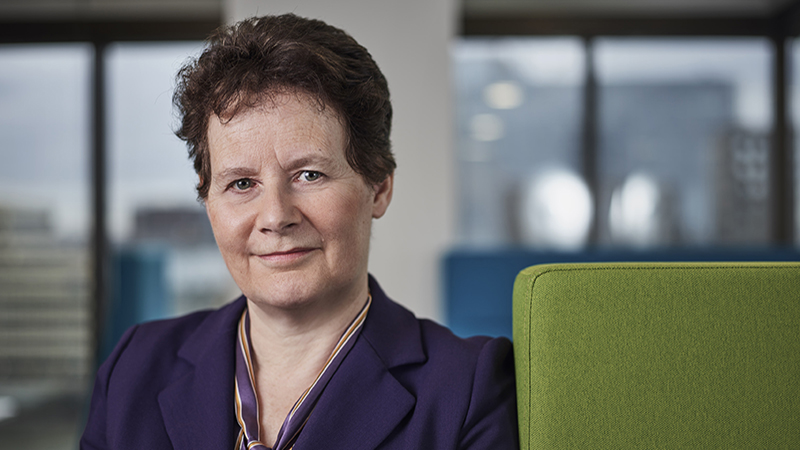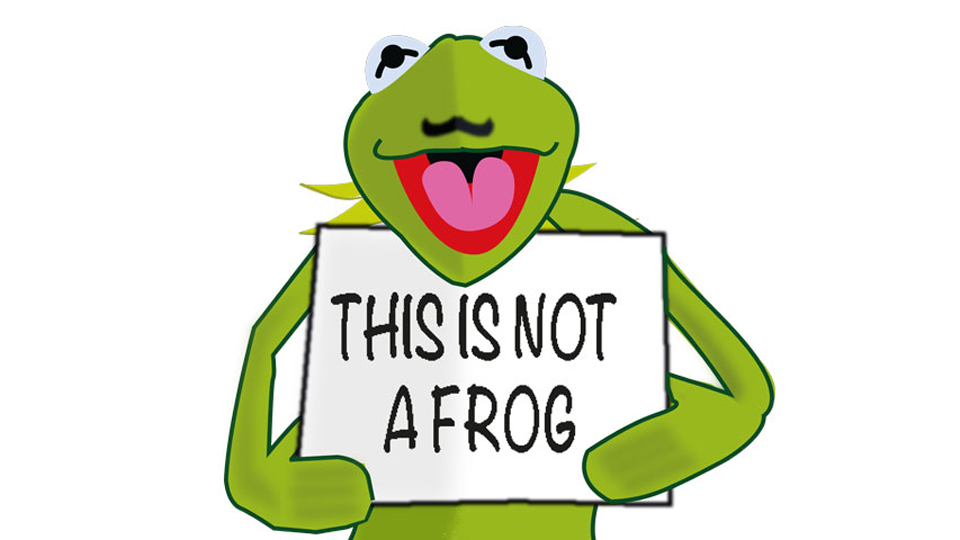“Isn’t this the first time we’ve chatted by phone in 20-plus years of knowing each other?” asked the chairman of the insignificantly-sized investment company Kermitted Asset Management last week as we caught up socially, but at a suitable distance. “Very possibly,” I replied. “For some reason, I’ve always preferred to be able to look you in the eye when speaking to you. Given the current situation, though, I guess you can never be too careful.”
“From a pure investment, rather than self-preservation, point of view, I’d have to challenge that assertion,” said the chairman. “Good grief,” I exclaimed. “Your managers haven’t been dipping their toes back into the markets already, have they?” “Good grief no,” the chairman exclaimed back. “I was talking theoretically – though we did think about it after the first big market falls at the end of February.” “So what stopped you?” I asked.
“Our head of emerging markets,” the chairman replied. “José-Fredo Da Biggbadd-Wolff?” I checked. “What did he spot?” “It was more of a mental image,” the chairman replied. “José suggested buying back after those initial falls was not so much trying to catch a falling knife as being Daffy Duck in a Looney Tunes cartoon while Bugs Bunny somehow manages to rain a succession of anvils, safes and the occasional grand piano down upon you.”
No regrets?
“A great manager and a beautiful way with words too,” I nodded appreciatively. “So would I be right in thinking you’re starting to regret choosing this year for your latest foray back into the wonderful world of investment?” “Not in the slightest,” said the chairman. “Now this is why I prefer to see your eyes when we’re speaking,” I pointed out. “I’m being serious,” the chairman protested.
“Investment has always involved a willingness to accept some rough with your smooth. And if, as I believe we were saying only a couple of months back, Kermitted Asset Management has been launched with a view to eventually taking a lot of cash from investors’ fear of missing out on the ESG asset boom, it is perhaps only fair we first take a little pain from their very current fear of losing cash.”
“Quite a lot of cash,” I observed. “So very much cash,” the chairman agreed. “But this is a long-term game and the market falls are not my long-term concern.” “Crikey,” I said. “Then what is?” “The blasted ESG sector’s inability to stick with the same description of itself for more than five minutes,” he replied. “No wonder mainstream punters can never keep faith with us if we can’t agree on what we are doing.”
A broad church
“Interesting use of ‘we’, given you only set up an ESG-oriented asset manager at the start of this year,” I smiled. “Still, I thought ‘you’ had settled – on ‘ESG’. True, it doesn’t roll off the tongue in quite the same way ‘ethical’ and ‘green’ used to do but it does have the advantage of being a broad and, once you decipher the acronym, pretty descriptive church.”
“That’s what I thought,” agreed the chairman. “And it’s why I finally took the plunge with Kermitted. I mean, after ‘ethical’ and ‘green’ and ‘SRI’ and whatever else has come and gone over the last 30-odd years, I really thought the wheel of fortune might have stopped for good on ‘ESG’. Now, however, I find myself being lobbied from certain quarters to badge my funds as ‘sustainable’ or ‘responsible’.
“Obviously ‘sustainable’ isn’t hard to knock down – after all, if you aren’t backing sustainable businesses, one might reasonably wonder what on earth you’re doing as an investor. But ‘responsible’ is an altogether trickier proposition.” “Why’s that?” I asked. “For one thing, it’s got the tacit endorsement of the UN as a result of its Principles for Responsible Investment,” the chairman replied.
“More worryingly, it’s a loaded adjective. Unlike ESG, it carries the implied accusation if you aren’t investing ‘responsibly’, you’re investing irresponsibly – and that feels like the start of a slippery slope.” “‘Irresponsible investing’ pretty much summed up your approach when we first met,” I joked. “Simpler times,” sighed the chairman – and I didn’t need to see him to know he was smiling. “Stay well,” I said. “You too,” he replied.











